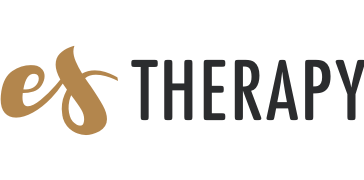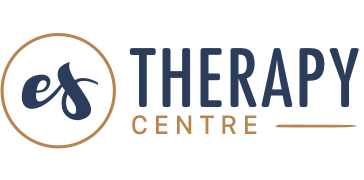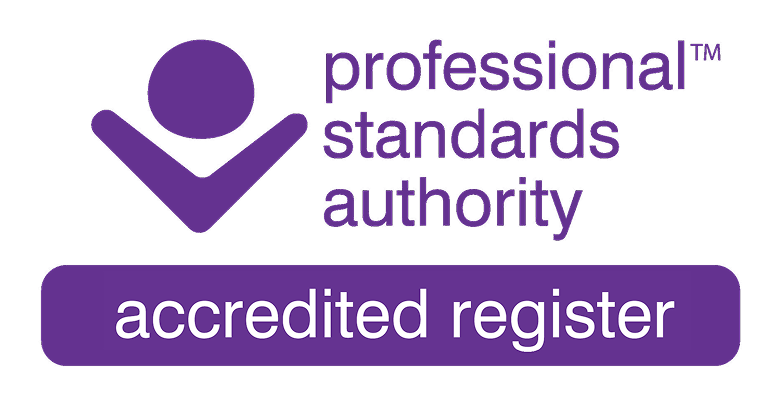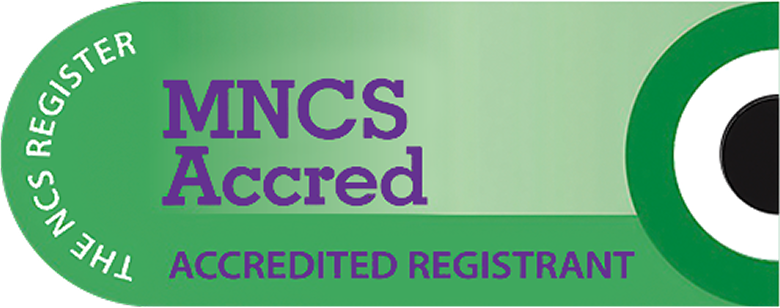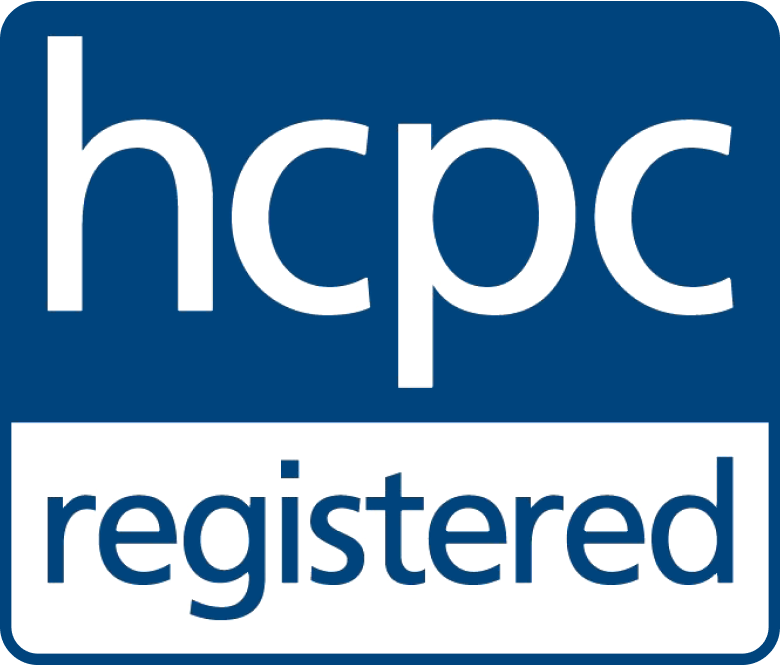
We Care

Counselling
Counselling is a type of therapy that usually refers to brief interventions (4 weeks – 6 months). Because it’s time-limited, counselling can be very structured, with an agenda set in advance. The focus tends to be on one particular difficulty or issue, caused by present-centred circumstances, such as divorce, bereavement, work-related stress, and ill health. Counselling works with conscious processes and thoughts, helping clients to make use of personal resources to problem-solve effectively.
Psychotherapy
Psychotherapy (also known as psychological therapy, talk therapy, or talking therapy) refers to medium to long-term interventions (6 months+). It focuses on deep-rooted difficulties that relate to the past or appears as patterns. It can facilitate insight into emotional problems and difficulties through a process of exploration with a reflective emphasis.

Support


Try Together

Couples Therapy
Couples therapy (also known as ‘relationship counselling’, ‘couples counselling’ or ‘marriage counselling’) is a form of talking therapy designed to help resolve issues within an intimate relationship. The aim is to facilitate re-connection by supporting both parties to communicate and listen differently, giving couples the tools to create healthier relationships. It is different to one-to-one counselling because there are three people in the room, but it shares the same values. It is non-judgmental, confidential and client-centred.
Couples Therapy can address a wide range of issues, including lack of intimacy, communication breakdown, infidelity, jealousy, or loss of trust. Therapy won’t always eliminate disagreements, but it should help both parties to understand and hold space for each other. By taking time to focus on the relationship, couples can find new perspectives and explore constructive ways to move forward.
What We Can Work on Together
Fees Per Session
- Free 20-minute introductory consultation
- Appointment available Monday-Friday 8am-8pm
- 50 minutes at a regular time slot each week
- In-person and remote slots available
- Free 20-minute introductory consultation
- Appointment available Monday-Friday 8am-8pm
- 50 minutes at a regular time slot each week
- In-person and remote slots available
- Free 20-minute introductory consultation
- Appointment available Monday-Friday 8am-8pm
- 50 minutes at a regular time slot each week
- In-person and remote slots available


Frequently Asked Questions
Psychotherapy can give people the opportunity to reflect, explore, and gain an understanding of their difficulties. It can open up conversations, bring clarity and help alleviate emotional distress. Through this process, clients can begin to form different perspectives, improve relationships and manage difficulties in a more balanced manner.
It depends entirely on yourself and the issues you bring to counselling. Some people come for just a few sessions and feel ready to stop, whilst others may feel they need longer. This is something we can talk about and agree on together.
We offer a safe, supportive and empathetic space where clients can explore issues without fear of judgement. Inclusivity is at the core of our practice. We recognise the unique difficulties faced by marginalised communities. Regardless of your age (18+), ethnicity, race, gender, sexuality, or disability, you are warmly welcome here.
However, we do not offer emergency crisis service. If you are worried and in need of urgent help, please visit your nearest A&E department or call the emergency services on 999.
You can also contact the following services 24 hours a day, 7 days a week:
- Samaritans: 116 123
- NHS 111: dial 111
- SHOUT: Text SHOUT to 85258
- National Suicide Prevention Helpline UK: 0800 689 5652
- SANEline: 0300 304 7000
- CALM: 0800 58 58 58
We require 48 hours’ notice for the cancellation of sessions. Sessions cancelled within fewer than 48 hours are subject to the full fee. If your therapist needs to rearrange a session for any reason, they will aim to give you as much notice as possible and offer a suitable alternative session time.
Each session lasts a minimum of 50 minutes.
Fees range from £80 to £120. For more information, please contact us directly.
We are based in Medway, Kent. We work with clients from this location as well as surrounding areas. In addition to providing in-person psychotherapy sessions, we also offer remote sessions for clients in other areas across the UK via Google Meet.
Yes, sessions are confidential. However, there are some limits to confidentiality. The therapist will need to break confidentiality in situations where:
There are concerns about your immediate safety or the safety of others
Your information is subpoenaed by a court of law.
There is a legal obligation to do so, i.e. you disclose information regarding involvement or knowledge of a criminal offence.
Ready to Talk?


